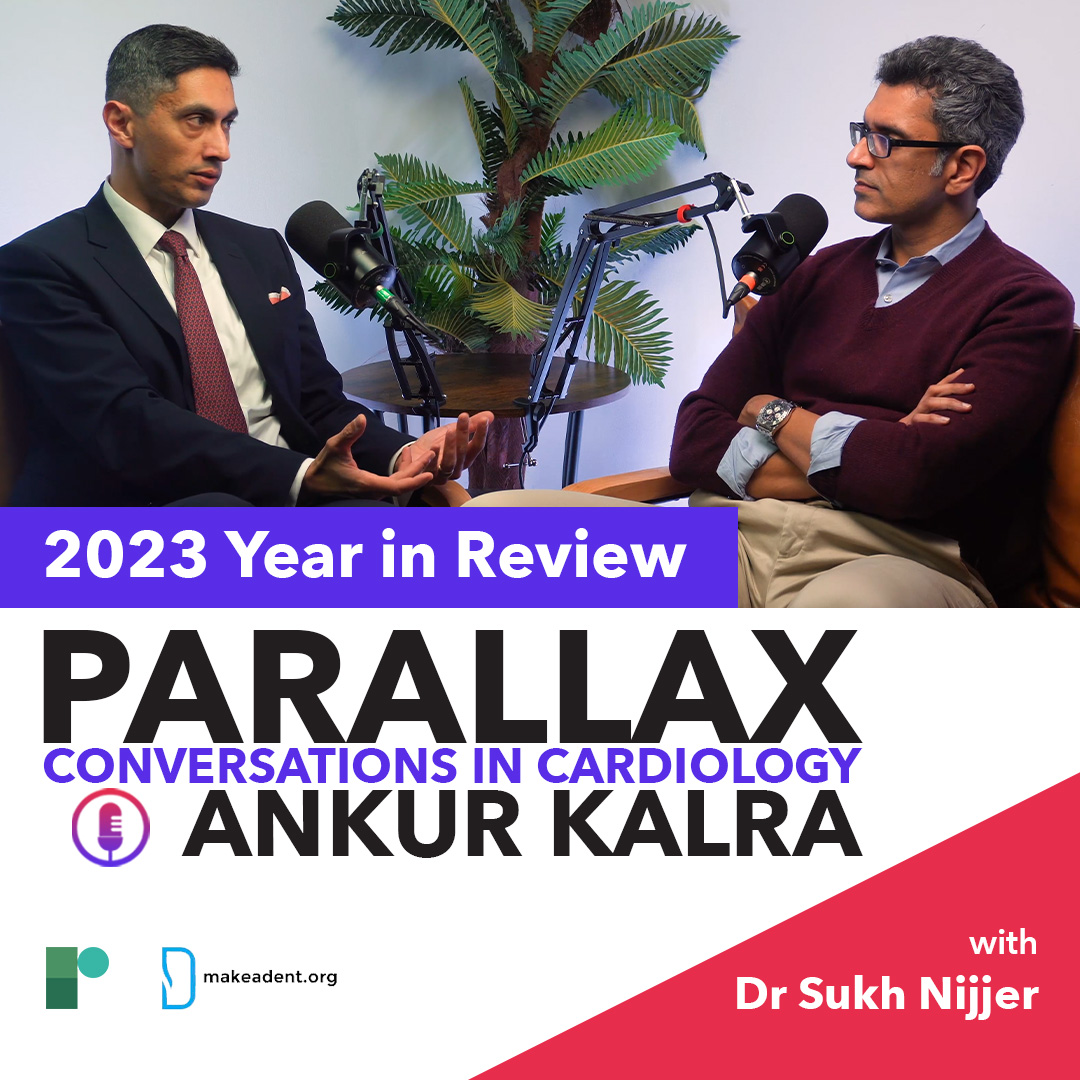
In this week's Parallax podcast, Dr Ankur Kalra welcomes back Dr Sukhjinder Nijjer for their much-anticipated annual review of advancements in cardiovascular medicine that defined the year 2023.
Dr Nijjer, a Consultant Cardiologist in the UK, serves as the President of the Royal Society of Medicine and is an Honorary Senior Clinical Lecturer at Imperial College London.
Drs Kalra and Nijjer share their perspectives and experiences, offering valuable insights, practical tips and considerations when interpreting this year’s most impactful trials:
• ORBITA-2 (AHA Scientific Sessions): PCI for stable angina
• FIRE (ESC Congress): Functional versus culprit-only revascularization in elderly patients with myocardial infarction and multivessel disease
• DAPA-MI (AHA Scientific Sessions): SGLT2i in MI without diabetes or heart failure
• ILUMIEN IV (ESC Congress): OCT vs angiography-guided PCI
• OCTOBER (ESC Congress): OCT or Angiography Guidance for PCI in Complex Bifurcation Lesions
• ARTESIA (ESC Congress): Apixaban for Stroke Prevention in Subclinical Atrial Fibrillation
• SELECT (AHA Scientific Sessions): Semaglutide and Cardiovascular Outcomes in Obesity without Diabetes
What are the most impactful cardiovascular trials of 2023? How do Dr Kalra and Dr Nijjer integrate the latest information into their daily practices?
Catch the video version with slides by clicking here.
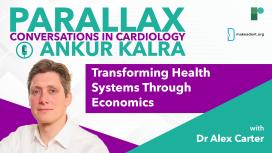
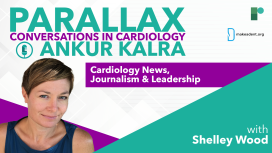
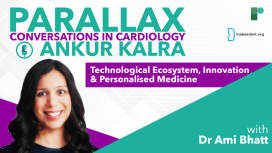
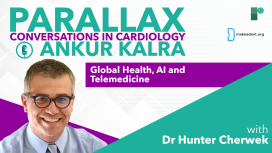
They talk about AI assisted consultation, learning pathways incorporating simulators for early career practitioners and the Flying Eye Hospital. Dr Cherwek shares his experiences about working with local teams globally and the work that goes into setting up trials across the world.
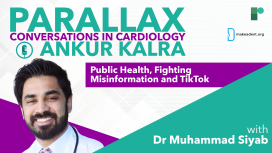
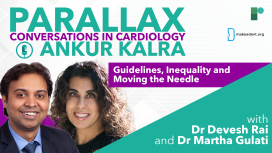
Dr Ankur Kalra’s guests this week are Dr Martha Gulati, internationally recognized cardiologist specializing in Women and Heart Disease, Heart Disease Prevention and Dr Devesh Rai, first year cardiology fellow at Rochester General Hospital.
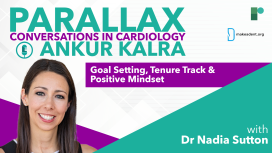
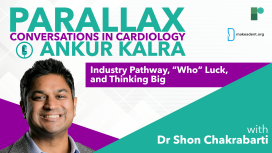
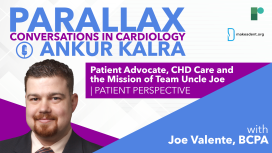
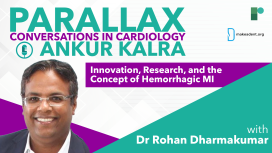
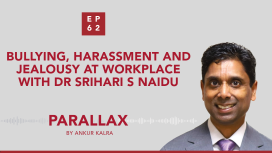



What is the Global Cardiology University project? How does Dr Anavekar encourage trainees to re-examine their role in patient care? What is his advice to our listeners?

As Dr Kalra asks Dr Rao about the ways in which early career faculty members can get involved with the organization at a state level. Dr Rao shares his insider tips and highlights key events where individuals can further their participation.
How can you get involved with your local ACC chapter? How can you improve your leadership skills? What is Dr Rao’s advice for our listeners?

He explains how the complexity of nutrition and the compounds generated by the gut microbiome can impact our health. We learn more about three compounds produced by our gut microbiome that have a strong connection with heart disease.
Through this conversation, Dr Vuyisich invites us to reframe our approach to nutrition and prevention as a question of food education and data-driven science.





